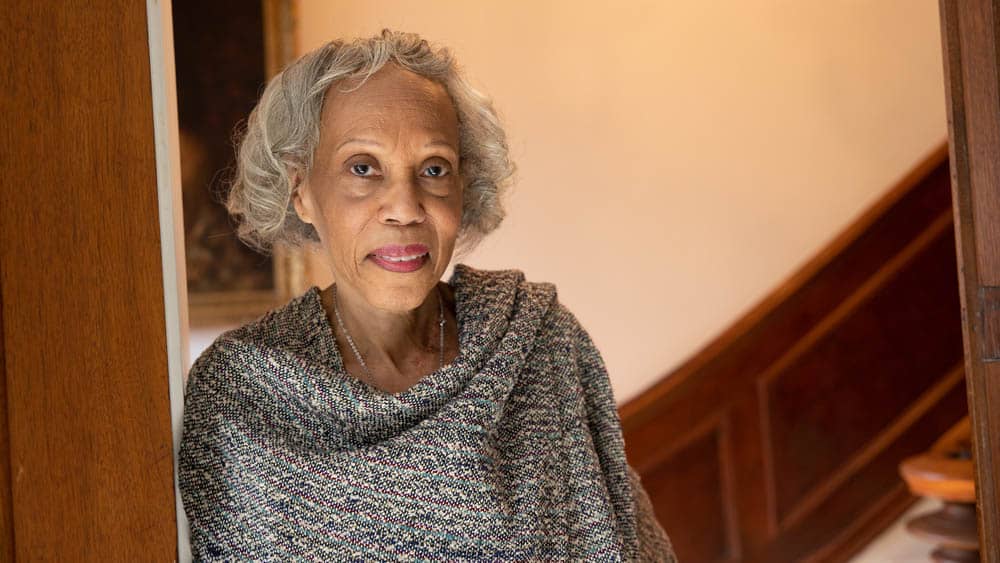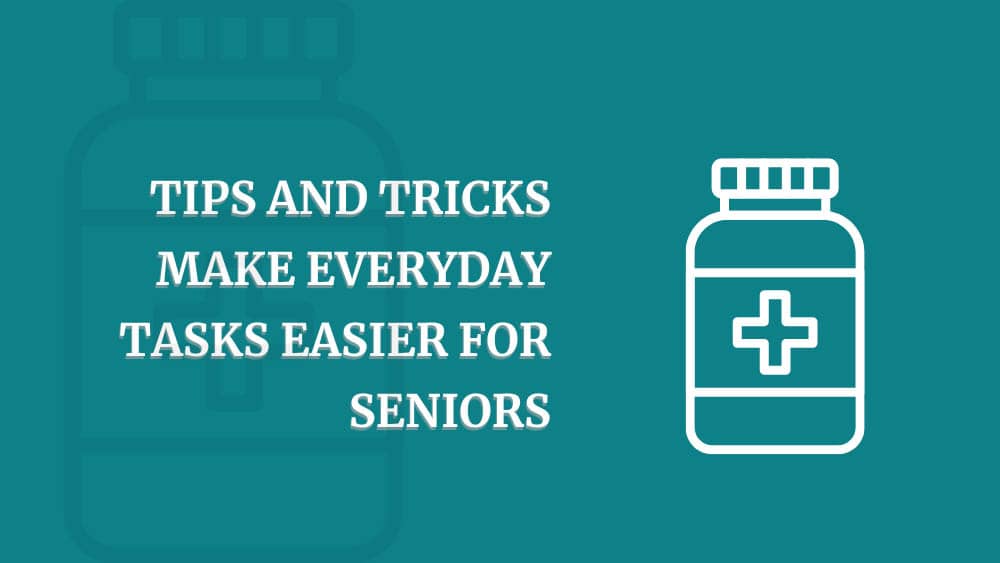

The Top 5 Things I Wish I’d Known About Aging
With age comes wisdom—and a lot of other changes people don’t expect or prepare for. People who are in their 20s and 30s don’t typically spend a lot of time thinking about being older. At that stage, life is about work, finding a life partner, perhaps buying a house, and maybe having children.
Fast-forward 30 years, and you’re officially middle-aged (and you’ve heard this a million times, but it does happen fast!). Once you’re older and wiser, you will probably think of a few things you would have done differently or taken more seriously when you were younger. Perhaps you wish you would have known about these five things.
Finally, more people are talking openly and honestly about menopause. If you’re in your 50s or 60s, you probably never sat down with your mother for a long conversation about menopause. So when it hits, most women are utterly unprepared for the hot flashes, anxiety, mood changes, and weight gain. They’re not quite sure what to do or how to navigate all the conflicting advice and treatment options.
Talk to your doctor, ask questions, don’t be afraid to get second opinions, and be open to various treatments. Advocate for yourself, talk to other women, do your research (there are plenty of books on the topic), pay attention to your body, exercise, and eat healthy. Menopause is life-changing, but you will get through it!
Our hair is a big part of our identity. Having thick, healthy hair is something we take for granted when we’re young. Whether you’re a man or a woman, you don’t think you’ll lose hair as you age—or get wiry gray hair. Women may find hair sprouting on their chin and upper lip, and people of any gender may see wiry gray hair coming out of their nose or ears.
Unfortunately, the odds are that your hair will turn against you in some way. But there are ways to deal with all of it. And remember that gray hair is beautiful! Many people are now flaunting their natural hair color rather than trying to hide it.
You’ve heard it your entire life from your parents and your dentist: You should brush and floss your teeth daily. It may not seem like a big deal to younger people, but remember that as we age, teeth age just like everything else.
Older adults are more susceptible to cavities, shifting teeth, receding gums, gum disease, tooth loss, and oral cancer. In addition, poor dental hygiene is linked to severe health issues like heart disease, diabetes, respiratory infections, and dementia. Not only is it costly to correct years of poor dental hygiene, but having missing teeth can wreak havoc on your self-esteem.
Many people are surprised by how hard it is to watch a parent age. Still, most people need to prepare to deal with seeing their parents slowing down, fighting an illness or disability, being frail or unsteady, and eventually passing away.
Just as important, though, is being prepared to help with or manage your parents’ finances and health care and knowing where important documents are before they’re needed. It needs to start with open and honest communication about how your parents want to age and their wishes should things get out of their control. Help your parents with those planning documents, and then do your own children a favor—get started on your own planning, too!
While youth might give the illusion of invincibility, aging quickly delivers a dose of reality. Chronic conditions such as high blood pressure, diabetes, and arthritis can sneak up on you rapidly. But they could be delayed or prevented with healthier habits when you’re young. And it’s much harder to reverse the effects of an unhealthy lifestyle once they take hold.
Develop a regular exercise routine, eat healthy, stop smoking and vaping, and limit alcohol intake while young.
Aging Is an Adventure!
Aging unfolds with revelations, joys, regrets and new opportunities. There are amazing things about aging. Perhaps you are more confident, have learned not to sweat the small stuff, and know what’s important in life. If you’re lucky, old age will happen—so it’s a great idea to prepare now.
How Right at Home Can Help
Starting a conversation with a parent about their finances, health care, and future wishes can be daunting. Knowing the resources available to help pay for home care can be confusing. Right at Home’s RightConversations Guide helps map out the conversation and offers tools and pointers for discussing personal affairs and options for assistance to live safely at home. If you’d like to get in touch with a local office, use our office locator to find the location nearest you.







